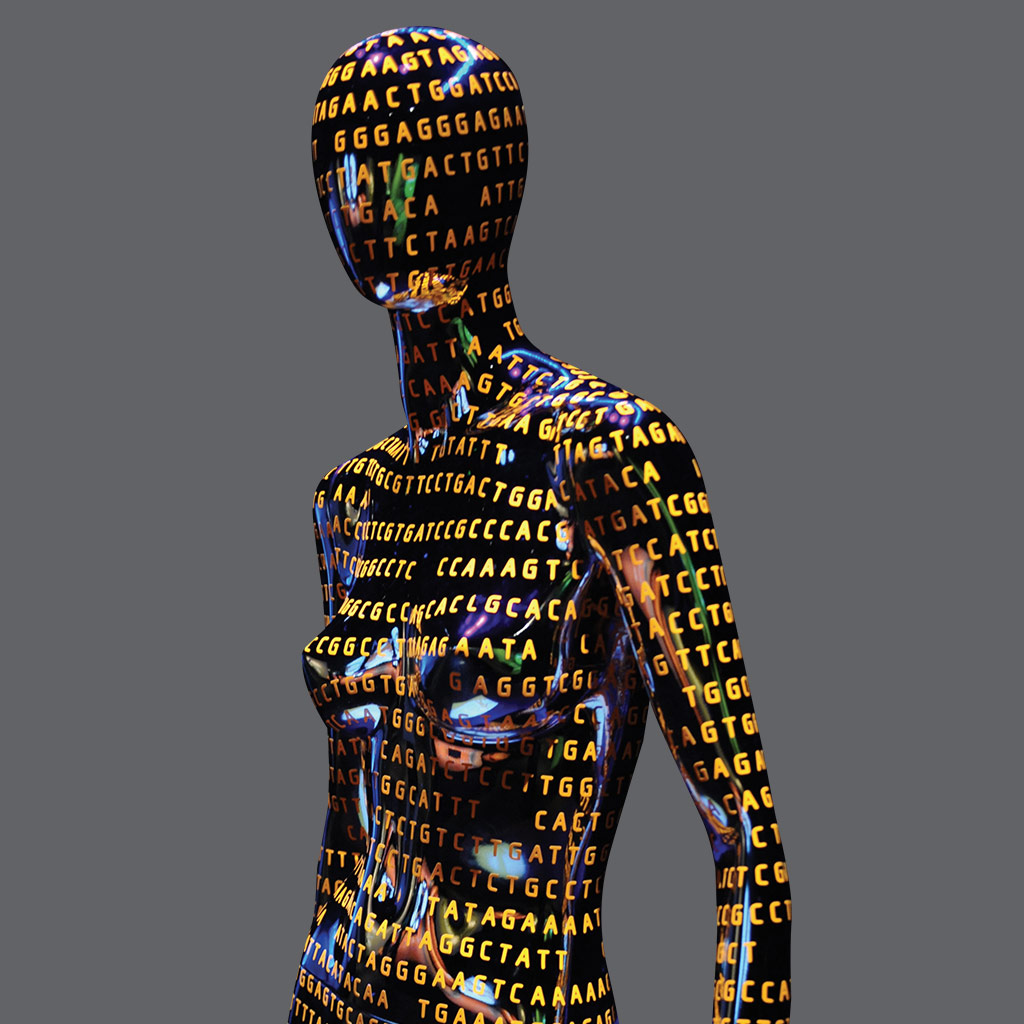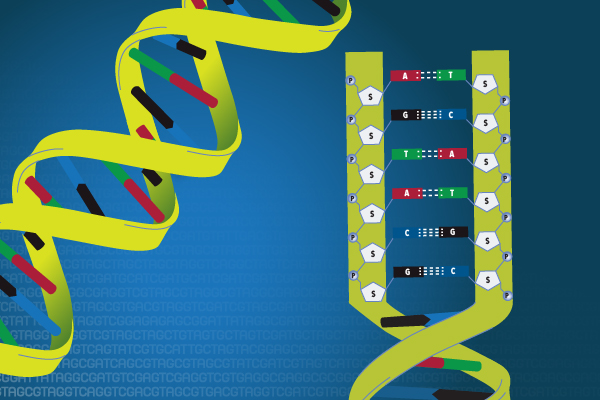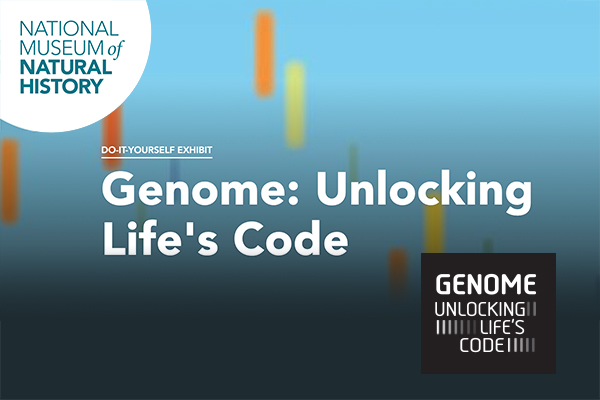
In response to the current global pandemic, NIH is aggressively tackling the biomedical research challenges associated with COVID-19. These efforts include developing programs and mechanisms to fund research grants related to COVID-19 at institutions around the country. For example, a number of NIH Institutes and Centers have issued funding opportunity announcements to solicit research proposals specific to COVID-19.
Recognizing the interest and opportunities in the genomics research community to contribute to COVID-19 research, NHGRI has issued a notice of special interest (NOSI) regarding the availability of urgent competitive revisions for research on the 2019 novel coronavirus. This NOSI invites current NHGRI grantees to submit proposals for adding research elements to their existing grants. These elements would address scientific questions of direct and immediate relevance to the COVID-19 pandemic. Applications in response to this NHGRI NOSI will be accepted through May 15, 2020.
In both the short- and long-term, genomic studies have the potential to yield valuable information that will aid efforts to prevent, diagnose, and treat COVID-19. For example, developing technical improvements to diagnostic testing methods and understanding the impact of genomic variation of the host (e.g., humans) on susceptibility and resistance to infection as well as disease severity will be important for managing the pandemic.
Both NHGRI extramural grantees and investigators in the Institute’s Intramural Research Program are jumping in to help with the many challenges being faced with the pandemic. Some research groups are deploying their available DNA-sequencing and genotyping capabilities to perform COVID-19 diagnostic testing. Other research efforts are tackling issues related to bioethics, the use of electronic health record information, population tracking, genetic epidemiology, and the use of shared data-analysis platforms, among others.
One specific example is coming from the efforts of the trans-NIH Common Data Element Group, which seeks to catalog the various COVID-19 research protocols currently being used. The PhenX Toolkit (consensus measures for Phenotypes and eXposures), an NHGRI-funded program, established the web-based catalog that is hosting the information about these protocols. The overall goal of this effort is to make the research community aware of available common protocols and standardized data-collection elements, so as to avoid duplication of effort.
Last week, NIH launched the Rapid Acceleration of Diagnostics (RADx) initiative for the development and commercialization of rapid diagnostic testing technology for COVID-19. The initiative is designed to support both early innovation and advanced technologies, regardless of their stage in development, to speed them towards widespread availability. The goal is to make millions of tests per week available by the end of Summer 2020.
NIH continues to issue news related to the COVID-19 pandemic. Researchers at the National Institute of Allergy and Infectious Diseases (NIAID) and the National Institute of Biomedical Imaging and Bioengineering (NIBIB), in conjunction with contributions from the National Center for Advancing Translational Sciences (NCATS) and the National Cancer Institute (NCI), have initiated a study to quantify undetected cases of coronavirus infection. Recently, NIAID released a strategic plan detailing COVID-19 research priorities. In addition, NIH Director Francis Collins’ recent blog posts include the challenge of tracking COVID-19’s stealthy spread, capturing viral shedding in action and more information about the RADx initiative.
As mentioned in last month’s issue of The Genomics Landscape, several government websites are available that provide relevant information about the virus and the disease it causes, such as those at the Centers for Disease Control (CDC) and NIH. For NIH grantees and applicants, a new Coronavirus Disease 2019 (COVID-19): Information for NIH Applicants and Recipients resource is now available on the NIH Grants and Funding website.
While it will take years to understand fully the biology and epidiemiology of COVID-19, the early efforts of NIH and NHGRI staff and grantees will be critically important both for capturing valuable new knowledge quickly and for developing a broad, long-term research plan for addressing this important infectious disease.
![]()






